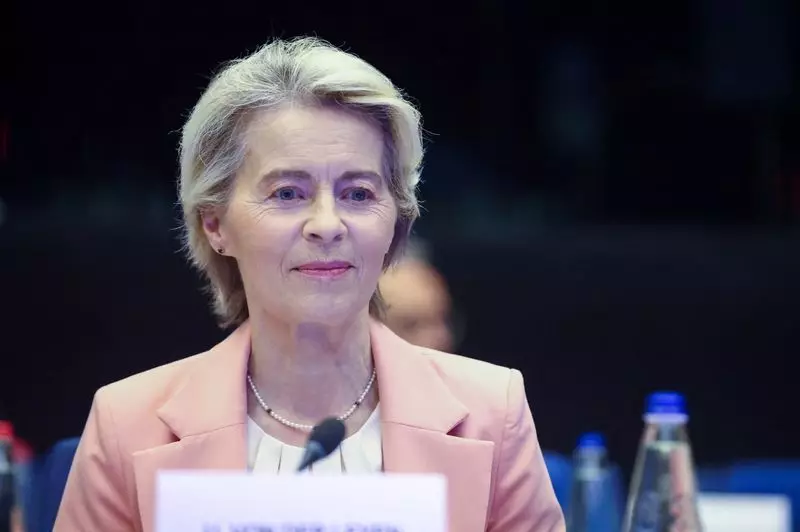The recent selection of new commissioners by European Commission President Ursula von der Leyen marks a pivotal moment within the European Union (EU). With the appointment of Spain’s Teresa Ribera as the antitrust commissioner and Estonia’s Kaja Kallas overseeing foreign policy, the Commission steps into a new era. The creation of an entirely new position—defense commissioner—with Lithuania’s Andrius Kubilius at the helm underlines the increasing urgency of addressing military preparedness in light of geopolitical tensions, particularly regarding Russia. This article delves into the implications of these appointments and the strategic directions of the new EU Commission.
Teresa Ribera’s upcoming role as antitrust commissioner brings forth high expectations, especially in the context of increasing scrutiny over Big Tech enterprises. Known for her previous leadership in Spain’s ecological transition efforts, Ribera now faces the dual challenge of fostering competitive markets while addressing the complexities posed by foreign subsidies. The current antitrust landscape is fraught with hurdles, and her efforts will be measured against the legacy of her predecessor, Margrethe Vestager, who made headlines with her rigorous enforcement actions against technology giants.
Ribera’s portfolio will require not only a nuanced understanding of competition law but also a strong focus on sustainable and equitable practices that align with the EU’s broader objectives concerning the green transition. The ongoing tensions between European firms and cheaper products from countries like China make her mission all the more critical, as she must advocate for a level playing field without stifling innovation.
Pivotal Foreign Policy Amidst Global Tensions
Estonia’s Kaja Kallas assumes a significant responsibility as the EU’s foreign policy chief. With Russia’s ongoing aggression in Ukraine, her role has elevated importance; she must navigate complex relationships and secure EU interests in a highly volatile environment. Kallas’s rise to this influential position symbolizes the growing demand for a cohesive European response to external threats.
The EU’s historical reliance on consensus in foreign policy will be tested as Kallas seeks to craft a collective stance on pressing issues while also managing varying national interests. Any misalignment among member states could derail efforts to present a united front, especially concerning sanctions and diplomatic engagements with Russia. Kallas’s diplomatic acumen will be vital in reinforcing the EU’s strategy toward effective and adaptive foreign relations.
The appointment of Andrius Kubilius as the first defense commissioner speaks volumes about the European Union’s acknowledgment of the changing security landscape. As a new role created to bolster military manufacturing capacity, particularly given Russia’s aggressive posturing, this position is a timely response to a pressing need for enhanced defense infrastructure within Europe.
Kubilius will be tasked with spearheading initiatives aimed at increasing collaboration among EU member states concerning defense production and procurement, an area often plagued by national silos and inefficiencies. The challenge lies in harmonizing these efforts across countries with diverse military capabilities and strategic priorities while ensuring that the EU can respond more effectively to crises.
As the EU Commission gears up to tackle pressing challenges—including economic competitiveness, environmental sustainability, and geopolitical security—many eyes will be on the relationships formed among the appointed leaders. The Commission will likely face scrutiny as it balances the need for swift action against slow-moving bureaucracy typical of large institutions.
Furthermore, upcoming events, such as the U.S. presidential election, could have profound impacts on EU’s strategies. A potential change in leadership in the United States may lead to a shift in transatlantic relations, affecting everything from support for Ukraine to trade agreements.
Von der Leyen reiterates the importance of economic resilience, outlining a vision focused on prosperity, security, and democracy. For the new commissioners, translating this vision into tangible policies while addressing the realities of their respective portfolios will define the success of the European Union in the coming years. As the new Commission prepares to take office, focus and determination will be paramount in steering the EU through these multifaceted challenges.

